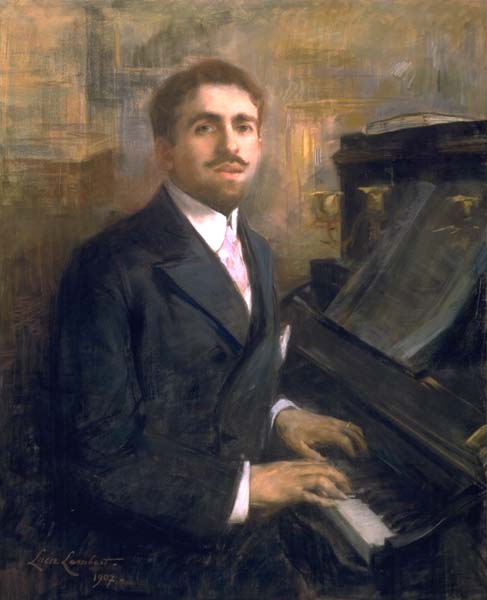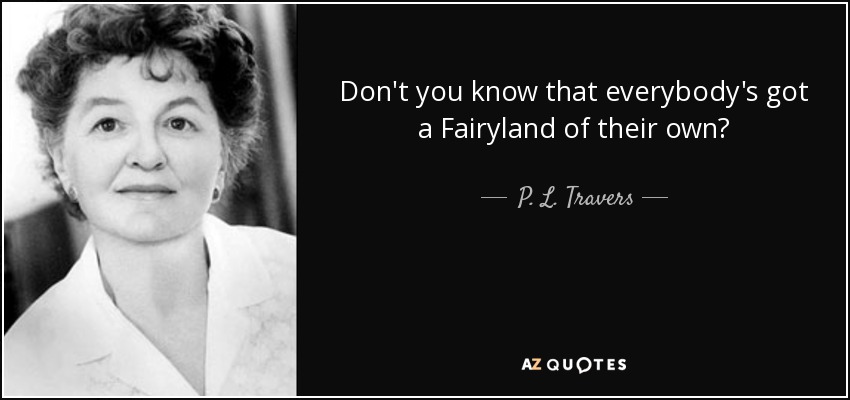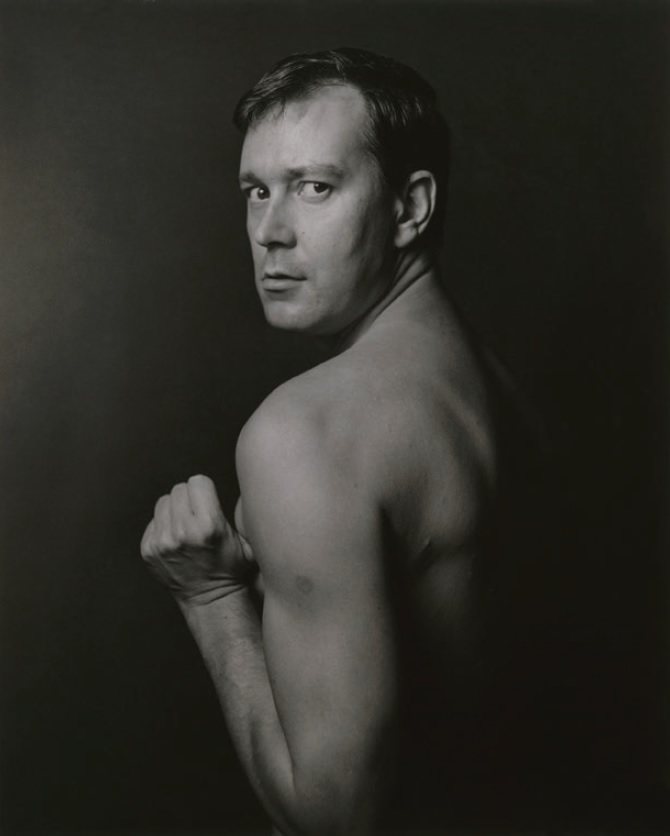|
Gay Wisdom for Daily Living brought to you by White Crane Institute ͏ ͏ ͏ ͏ ͏ ͏ ͏ ͏ ͏ ͏ ͏ ͏ ͏ ͏ ͏ ͏ ͏ ͏ ͏ ͏ ͏ ͏ ͏ ͏ ͏ ͏ ͏ ͏ ͏ ͏ ͏ ͏ ͏ ͏ ͏ ͏ ͏ ͏ ͏ ͏ ͏ ͏ ͏ ͏ ͏ ͏ ͏ ͏ ͏ ͏ ͏ ͏ ͏ ͏ ͏ ͏ ͏ ͏ ͏ ͏ ͏ ͏ ͏ ͏ ͏ ͏ ͏ ͏ ͏ ͏ ͏ ͏ ͏ ͏ ͏ ͏ ͏ ͏ ͏ ͏ ͏ ͏ ͏ ͏ ͏ ͏ ͏ ͏ ͏ ͏ ͏ ͏ ͏ ͏ ͏ ͏ ͏ ͏ ͏ ͏ ͏ ͏ ͏ ͏ ͏ ͏ ͏ ͏ ͏ ͏ ͏ ͏ ͏ ͏ ͏ ͏ ͏ ͏ ͏ ͏ ͏ ͏ ͏ ͏ ͏ ͏ ͏ ͏ ͏ ͏ ͏ ͏ ͏
|
|
||||
| This Day in Gay History | ||||
August 09Born 1875 - REYNALDO HAHN, Venezuelan composer, born (d: 1947); One rarely hears the name of Reynaldo Hahn today, although, as a student of Massenet, he became one of the most popular composers in turn-of-the-century Paris. Because of his popularity, Diaghilev commissioned him to create, with the young Jean Cocteau, the ballet Le Dieu Bleu (1912), one of the few failures of the Ballets Russes. As interest in this period of cultural history increases, Hahn is seen more and more in books (about Diaghilev, about Cocteau, about Proust) as a figure of some importance. He was a key member of the Paris Gay set, which included, among others, Diaghilev, Lucien Daudet, Marcel Proust, and the young Jean Cocteau. He was a student and a close friend of Saint-Saens, himself homosexual, and was Proust's first lover. It is said, in fact, that the musical battles of Hahn and Proust – Hahn championed the traditional Saint Saëns and Proust favored the radical Debussy – led eventually to their separation. Had Hahn’s musical tastes been those of his lover, the chances are that he might not have gone out of fashion so very soon. 1899 - PAMELA LYNDON TRAVERS, OBE more widely known as P.L. Travers, was born. Her birth name was Helen Lyndon Goff. (d: 1996), The Australian-British novelist, actress and journalist and author of a series of children’s novels about the mystical and magical English nanny, Mary Poppins. In 1924, she emigrated to England where she wrote under the pen name P. L. Travers. During the Second World War, while working for the British Ministry of Information, she travelled to New York where Roy Disney first contacted her about selling the Mary Poppins character to the Disney studio for film use. Though Travers had numerous fleeting relationships with men throughout her life, she lived for more than a decade with Madge Burnand, daughter of Sir Francis Burnand, a playwright and the former editor of the satirical publication, Punch. They shared a London flat from 1927 to 1934, then moved to a thatched cottage in Sussex, where Travers published the first of the Mary Poppins books; while on holiday in Italy, Burnand photographed Travers topless on the beach. Their friendship, in the words of one biographer, was “intense,” but also equally ambiguous. At the age of 40, two years after moving out on her own, Travers adopted a baby boy from Ireland whom she named Camillus Travers Hone. He was the grandchild of Joseph Hones, W.B. Yeats’ first biographer, who was raising his seven grandchildren with his wife. Camillus had a twin brother named Anthony, but Travers chose only Camillus, based on advice from her astrologer. Camillus was unaware of his true parentage or the existence of any siblings until the age of 17, when Anthony came to London and knocked on the door of Travers' house. He had been drinking and demanded to see his brother. Travers refused to allow it and threatened to call the police. Anthony left but soon after, Camillus, after arguing with Travers, went looking for his brother and found him in a pub on Kings Road. Travers was made an Officer of the Order of the British Empire in 1977. She lived into advanced old age, but her health was declining toward the end of her life. Travers died in London on April 23, 1996 at the age of 96. According to her grandchildren, Travers "died loving no one and with no one loving her." Her son Camillus died in London in November 2011. 1926 - Author and adviser to Harvey Milk, FRANK M. ROBINSON was born on this date. Robinson moved from Chicago to San Francisco in 1973 to work with a friend and fellow writer, Thomas N. Scortia, on a novel about a skyscraper fire. While working on that book, he became friends with Harvey Milk, who ran a camera store in the neighborhood. The novel, The Glass Inferno, along with two other books, became the basis for the script of The Towering Inferno. All three authors received screen credit and payment for their portions of the story. Robinson used his money to settle in San Francisco and to help Harvey to become the first openly Gay man to be elected to public office in the country. Prior to his books, he had made his living writing for men's magazines, including Rogue, Gallery and Playboy. At Playboy he ghost write The Playboy Advisor, a colloquium of sex and lifestyle advice for straight men. His reputation as a science fiction writer was established with a 1956 novel, The Power about a man with advanced mental powers that became a television special starring Theodore Bikel and in 1968 as a film starring George Hamilton and Suzanne Pleshette. In the 1970s and 1980s Robinson collaborated with Mr. Scortia on several projects including The Prometheus Crisis (1975) The Nightmare Factor (1978) and The Gold Crew, a nuclear-nightmare thriller. His novel The Dark Beyond the Stars (1991) was selected as one of the New York Times notable books of the year. Robinson had a small part in Milk, Gus Van Sant's 2008 bio-pic of Harvey Milk, standing in a window shouting "I'll tell you my brothers!" He died of heart disease and pneumonia on June 30, 2014 in San Francisco. Died 1967 - JOE ORTON, English writer died (b. 1933) a satirical modern playwright. In a short but prolific career from 1964 until his death, Orton shocked, outraged and amused audiences with his scandalous black comedies. “Ortonesque” became a recognized term for "outrageously macabre". Orton met Kenneth Halliwell at RADA in 1951, moving into a flat with him and two other students in June of that year. Halliwell was seven years older than Orton and of independent means, having a substantial inheritance. They quickly formed a strong relationship and became lovers, despite Orton's claims of sexual incompatibility. His plays include: Entertaining Mr. Sloane (first performance 1964) Loot (first performance 1965) The Erpinham Camp (first performance 1966) The Good and Faithful Servant (first performance 1967) Funeral Games (first performance 1968) What The Butler Saw (first performance 1969) Up Against It. Pranksters, Orton and Halliwell would amuse themselves with pranks and hoaxes. Orton created "Edna Welthorpe," an elderly 'outraged of' whom he would later revive to stir controversy over his plays. Orton coined the term as an allusion to Terence Rattigan's "Aunt Edna", Rattigan's archetypal playgoer. In another brilliant episode, Orton and Halliwell stole books from the local library, and would subtly modify the cover art or the blurbs before returning them to the library. A volume of poems by John Betjeman, for example, was returned to the library with a new dust jacket featuring a photograph of a nearly naked, heavily tattooed middle-aged man. The couple took many of the prints to decorate their flat. They were eventually discovered and prosecuted for this in May, 1962. The incident was reported in the national newspaper the Daily Mirror as "Gorilla in the Roses". They were charged with five counts of theft and malicious damage, admitted damaging more than seventy books, and were jailed for six months and fined about $500/ £262. The books that Orton and Halliwell vandalized have since become the most valued of the Islington Library service collection. Halliwell was suicidal, popping “purple hearts,” a combined amphetamine-barbiturate marketed as an antidepressant to tired housewives. He complained to Orton of tightness in his chest, likely caused by anxiety, and lashed out at him in front of other people. Friends of Orton’s later said he wanted to leave Halliwell and had met someone else. On the morning of August 9, 1967, a chauffeur coming to collect Orton and bring him out for lunch with a film producer found the two men’s bodies locked in their flat. In a frenzy, Halliwell had plowed a hammer repeatedly into Orton’s head, until blood splattered onto his chest. A later inquest found that Halliwell had taken 22 barbiturates, washed down with grapefruit juice from a tin. Halliwell was completely nude, Orton wearing just a pajama top. He did not appear to have fought off the attacks. | ||||
|
|8|O|8|O|8|O|8|O|8|O|8|O|8|O|8| Gay Wisdom for Daily Living from White Crane Institute "With the increasing commodification of gay news, views, and culture by powerful corporate interests, having a strong independent voice in our community is all the more important. White Crane is one of the last brave standouts in this bland new world... a triumph over the looming mediocrity of the mainstream Gay world." - Mark Thompson Exploring Gay Wisdom & Culture since 1989! |8|O|8|O|8|O|8|O|8|O|8|O|8|O|8| | ||||
|
|||||
|





